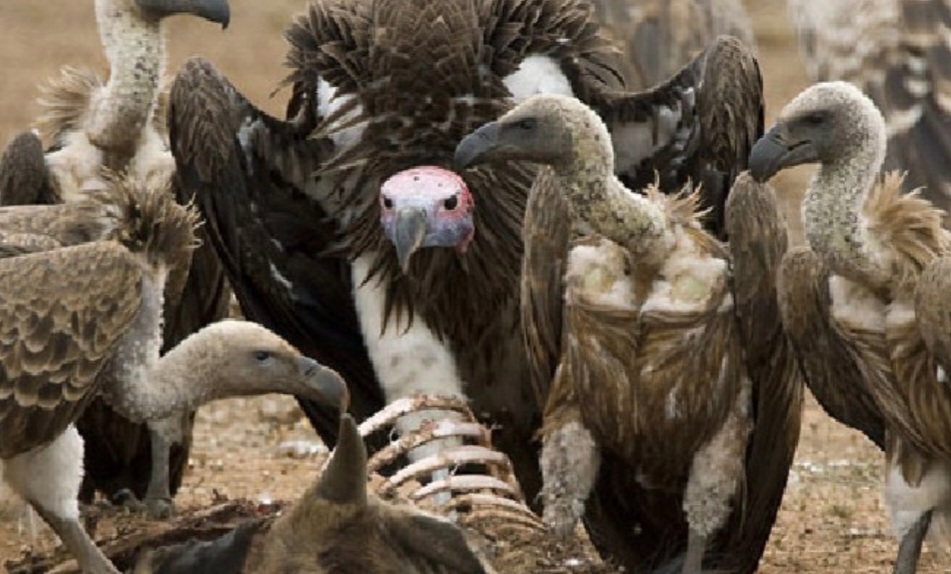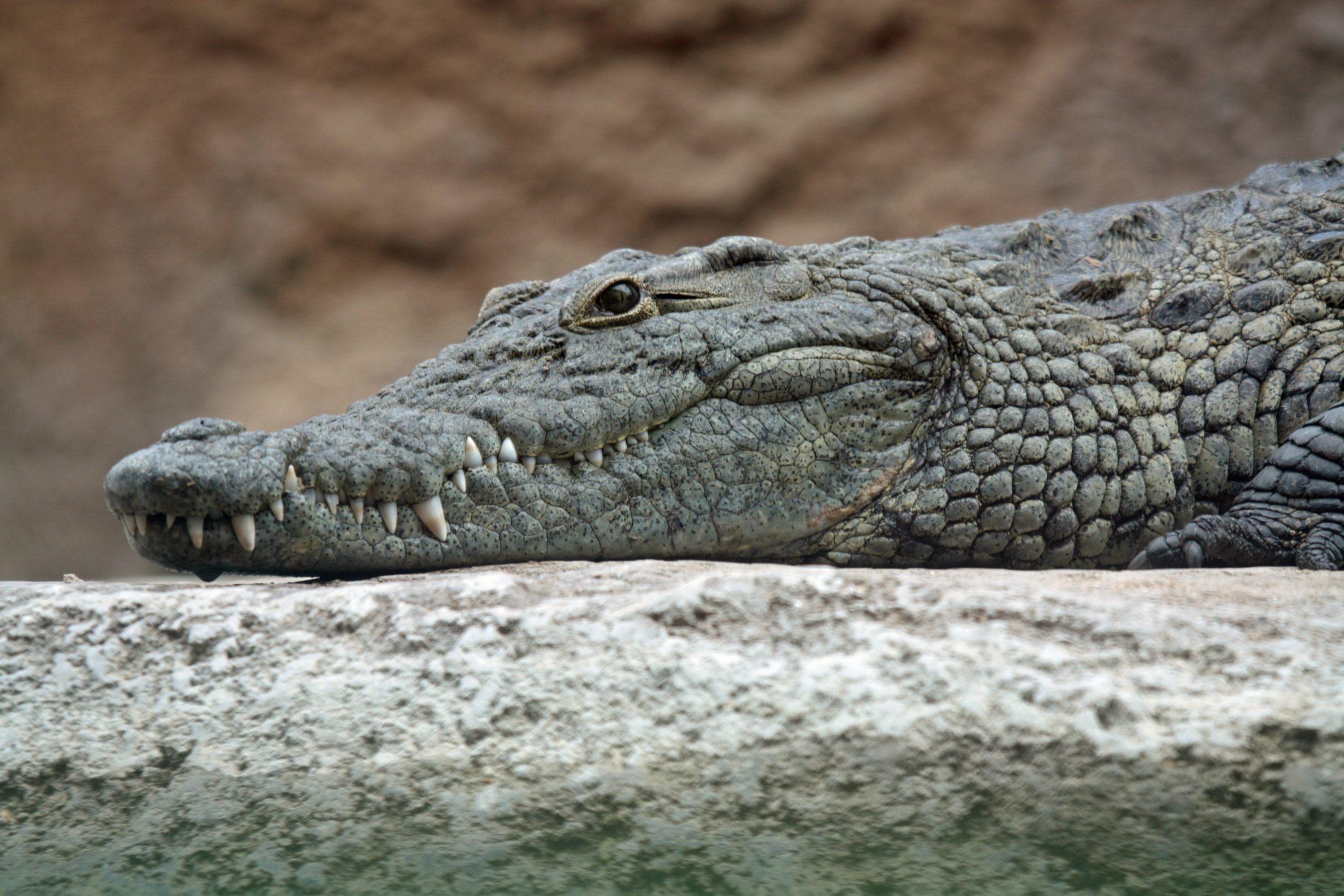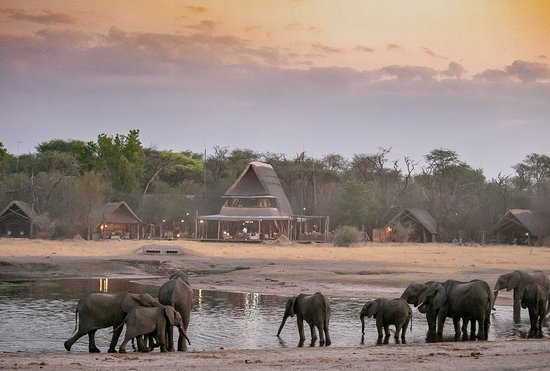BY NOKUTHABA DLAMINI
A leading African conservation organisation is exploring ways to utilise technology to curb the poisoning of vultures in Zimbabwe’s Gonarezhou National Park and Limpopo National Park in Mozambique.
The two game reserves are said to be the most affected by the poisoning of vultures.
The Endangered Wildlife Trust (EWT), which is dedicated to conserving threatened species and ecosystems in southern and East Africa says it will use vultures as their “Eye In The Sky” to raise alerts about poisoning incidents.
Data would be transmitted from GPS-tracked vultures and sent to monitors, which will enable a more rapid response to potentially deadly incidents.
“The issue is exacerbated by the poisoning of vultures as sentinel species in association with the ivory trade, and other poaching practices, as well as targeting these birds for belief-use trade in their body parts, ” said Andre Botha, the Vultures for Africa programme manager at EWT.
“Vultures are targeted as their visible presence with large numbers descending from the skies and perching near to, or feeding on poached wildlife, alerts law enforcement staff to poaching or poisoning events.
“Their remarkable sentinel function has led to the extensive persecution of vultures across the continent.”
Gareth Tate, Birds of Prey programme manager at the EWT, said the technology will result in quicker reaction to poisoning incidents.
“In essence, when a vulture is killed on a poisoning scene, the immobility triggers an alert within minutes of death, allowing us to pinpoint the sites where vultures have died and respond rapidly and decontaminate the scenes to prevent further loss of vultures and other animals that would otherwise go undetected, or be detected too late,” Tate said.
“It is sad that vultures have to die to detect some of these events, but by sending an early alert signal to us they save the lives of countless other wildlife and allow us to rescue animals that have survived these poisoning events.”
Deborah Kahatano, chief of party for USAID’s VukaNow Activity, which is supporting the EWT innovation, said one of their core objectives was to increase the application of effective tools, technologies, and approaches that mitigate wildlife crime, while also working closely with communities to address these issues.
“The vision for this work is to expand the network of GPS-tracked vultures throughout poisoning hotspots across Africa and incorporate multiple partners and landscapes to uptake the Eye in the Sky poisoning detection system, while continuing to focus on additional proactive conservation measures to address the major indiscriminate threat of poisoning,” Kahatano said.
“This includes undertaking community work and targeted workshops with traditional medicine practitioners to raise awareness around the use of poisons to harvest vulture body parts and its risks to human health, and facilitating improved judiciary and law enforcement response, leading to more arrests being made.”
The first Saturday in September marks International Vulture Awareness Day, which intended to highlight the conservation of vultures that face a range of threats.- The Standard


 Slider2 years ago
Slider2 years ago
 National4 years ago
National4 years ago
 Opinion3 years ago
Opinion3 years ago
 Tourism and Environment3 years ago
Tourism and Environment3 years ago
 National2 years ago
National2 years ago
 National3 years ago
National3 years ago
 National2 years ago
National2 years ago
 National3 years ago
National3 years ago


